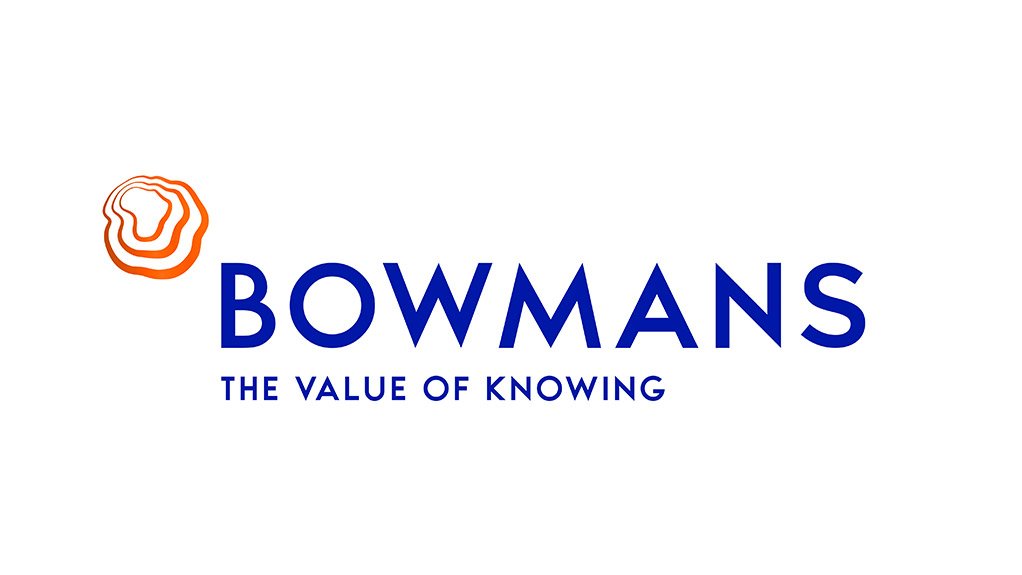The Employment & Benefits team at pan-African law firm, Bowmans, has put together a Guide covering the employment consequences in business transfers in Botswana, Cameroon, Kenya, Madagascar, Nigeria, Senegal, South Africa, Uganda, Tanzania and Zambia. The Guide outlines the laws in each jurisdiction that regulate the employment consequences of business transfers and provides useful insight for those planning to buy or sell a business, or out- or in-source a service, in those countries.
Different African countries regulate the employment impact of business transfers differently. The key distinction across jurisdictions is whether there is an automatic transfer of employment with going concern transfers, and if there is, whether this applies in outsourcing situations as well. This is according to Chris Todd, partner and head of the Employment & Benefits Practice at Bowmans.
Todd explains, “In jurisdictions that have automatic employee transfer provisions, such as South Africa, Uganda and Madagascar, everything done by or on behalf of the previous employer immediately before the business transfer is deemed to have been done by or in relation to the new employer. This means that for the buyer, employment due diligence is critical, and risk must be mitigated by appropriate warranties and indemnities given by the seller. In addition, pension arrangements can be complicated and trade union and collective bargaining rights fall outside the scope of the typical regulation."
William Kasozi, Managing Partner of Bowmans in Uganda says that the Employment Act 2006 and the Employment Regulations in Uganda protect employment rights when a business is transferred as a going concern. This includes the transfer of the business or trade in part or in whole.
“The protection accorded is principally that all rights and obligations between the employee and the old employer are automatically transferred and apply between the employee and the new employer,” he says.
Adrien Rangira, a partner at Bowmans Francophone Africa says that in Cameroon, Madagascar and Senegal, “If a going concern is transferred, the new employer is automatically substituted in the place of the previous employer in all contracts of employment in existence immediately before the date of the transfer. In addition, all rights and obligations between employer and employee continue in force as if they had been rights and obligations between the new employer and each employee.”
In jurisdictions with no automatic transfer provisions, such as in Kenya, Nigeria and Zambia, the situation is reversed, and the seller or transferor of a business is primarily at risk.
Angela Waki, a partner at Bowmans in Kenya says that at present, there is no automatic transfer of employment on a business transfer in Kenya and employees are usually transferred through termination and rehire.
“In practice, there are two options available to deal with employees. In the first option, a redundancy exercise is carried out by the seller and the employees are then engaged by the buyer on new employment contracts, in which case no continuing employment obligations are passed to the buyer. In the second option, the seller, the buyer and each affected employee enter into a tripartite agreement pursuant to which the existing employment contract is terminated and the buyer offers employment to the employee. In these circumstances, the employees would usually agree to waive their right to any redundancy payments in consideration of the new employer recognising accrued entitlements (including recognition of the original start date of the employee’s initial employment). Affected employees in a transfer must give their individual consent or, where unionized, with the representation of their union which can make this a drawn-out process.”
“In Nigeria, the buyer can cherry pick employees and is held only to the terms of offers specifically made to employees,” said Mary Ekemezie, Senior Associate with Nigerian firm Udo Udoma & Belo-Osagie.
“This means that for the seller, the commercial terms of the deal may depend to a material extent on the likely cost and complexity of employment redundancies, and the transaction may be dependent on agreed transfers of employment or regulatory approvals of redundancies. Risk will be mitigated by the commercial terms and the extent to which the buyer is willing to take on employee obligations voluntarily,” Ekemezie notes.
Talita Laubscher, a South African Employment partner at Bowmans, points out that this has been the outcome of a number of recent high profile mergers in South Africa too.
“This means that the new owner of a business is faced with the difficult task of deciding what efficiency driven changes in the business are ‘a result of’ the merger, and what changes arise from underlying operational considerations”, she says.
“Businesses planning mergers and acquisitions or outsourcing transactions across Africa need to be aware of the differing laws guiding the employment relationship in these countries. Knowing whether employment risks lie with the buyer or the seller will help those in the transaction to mitigate risks successfully,” Laubscher adds.
EMAIL THIS ARTICLE SAVE THIS ARTICLE
To subscribe email subscriptions@creamermedia.co.za or click here
To advertise email advertising@creamermedia.co.za or click here











